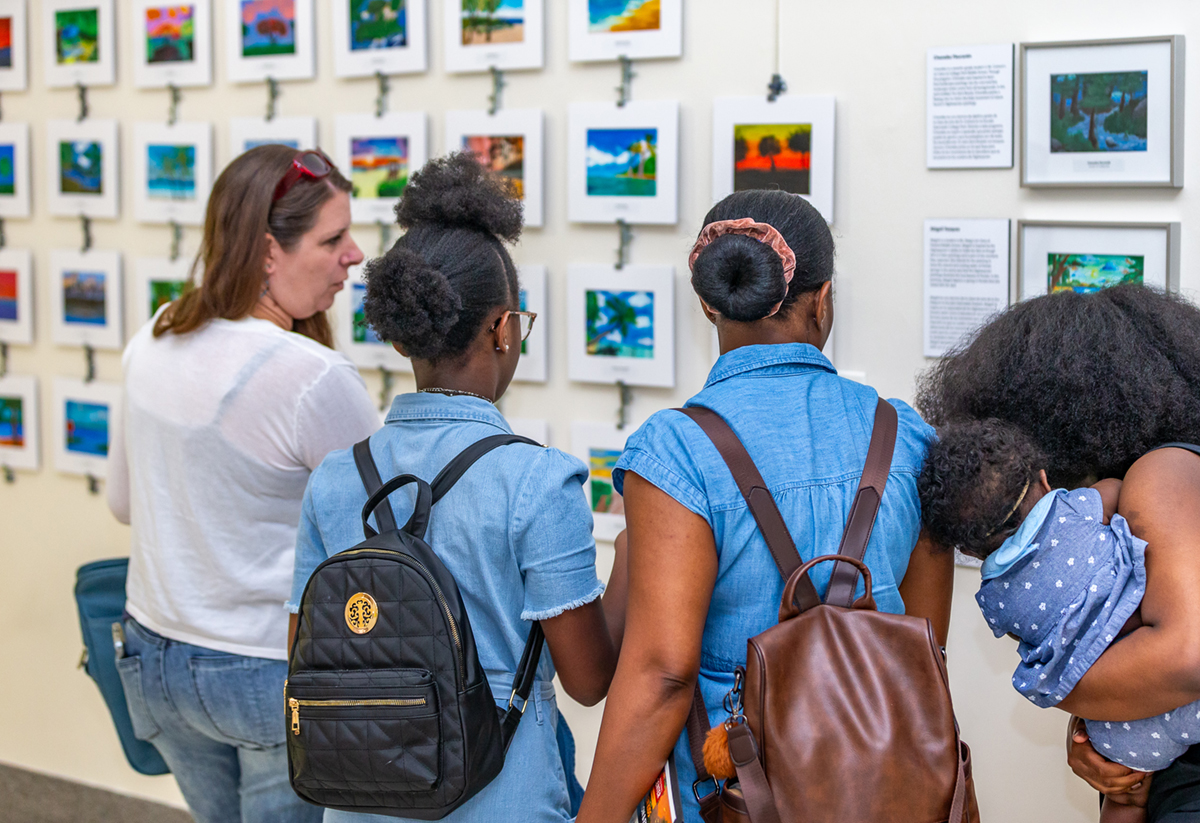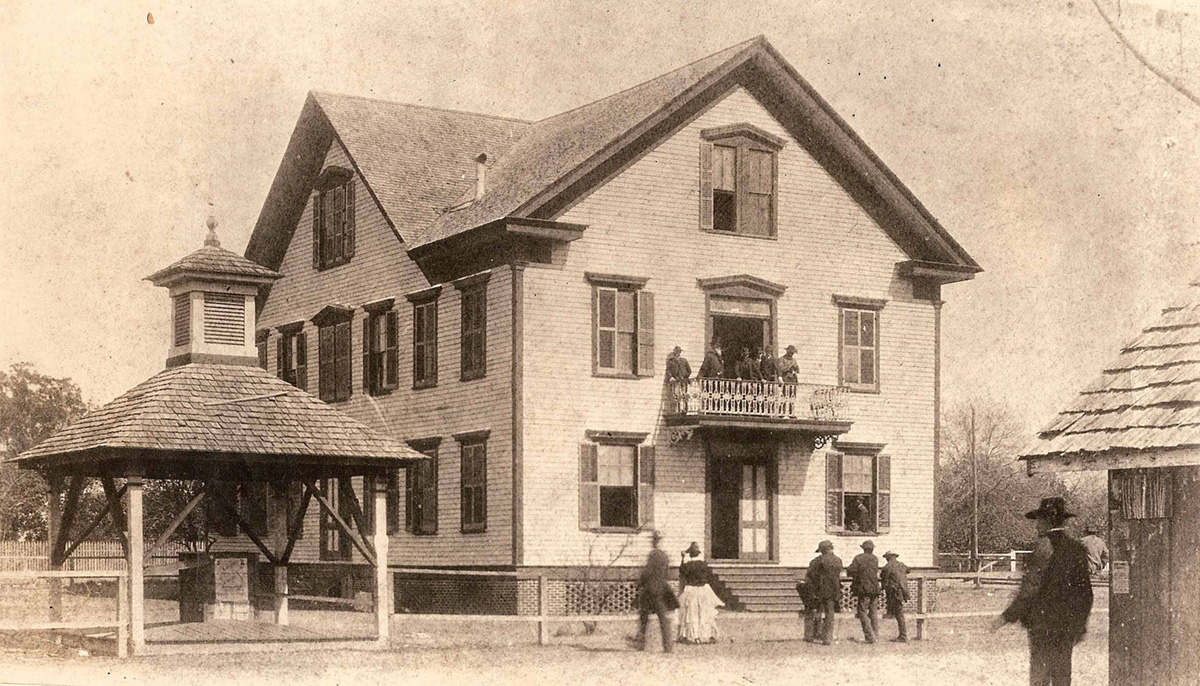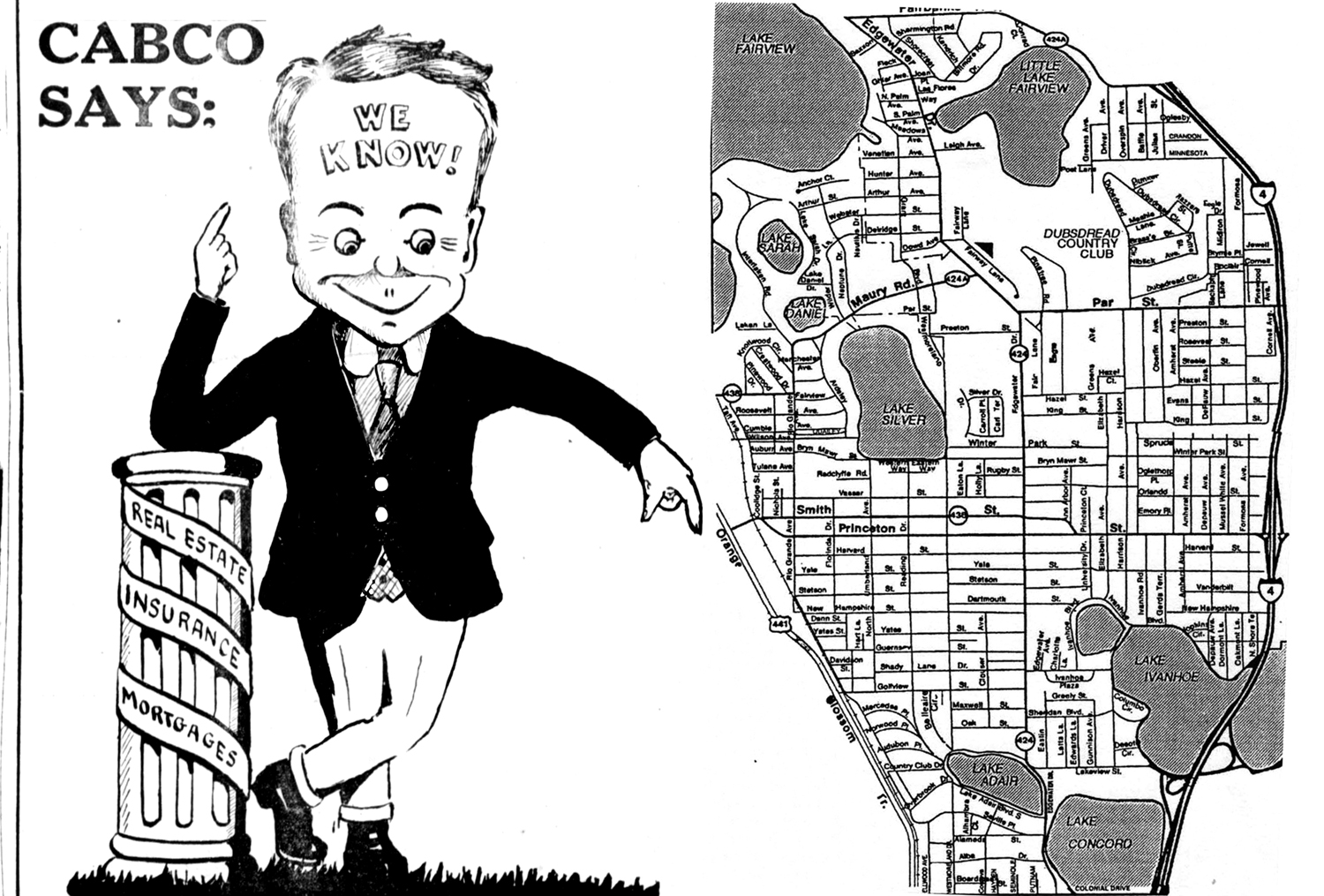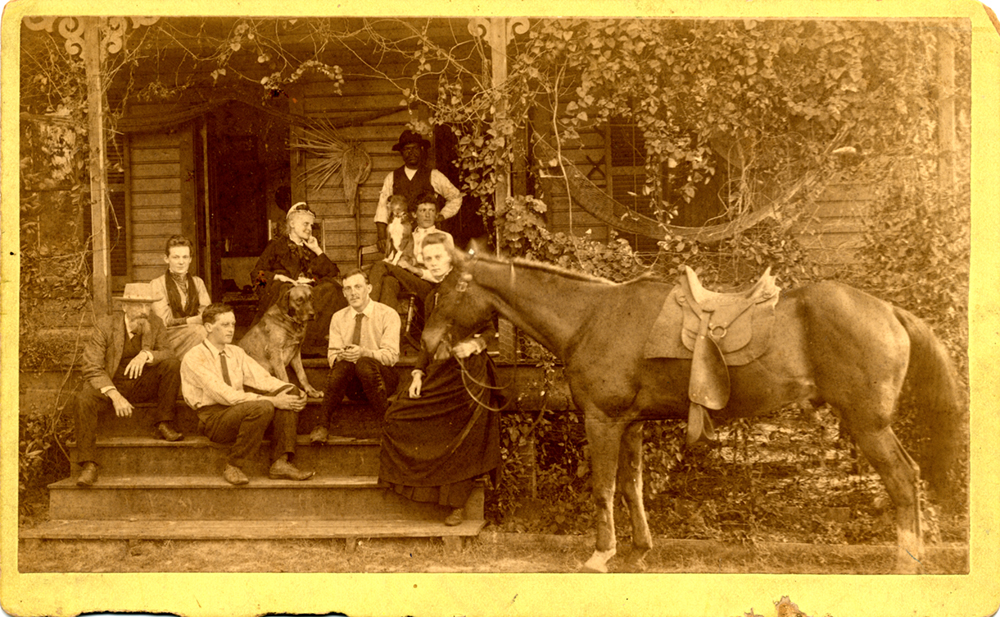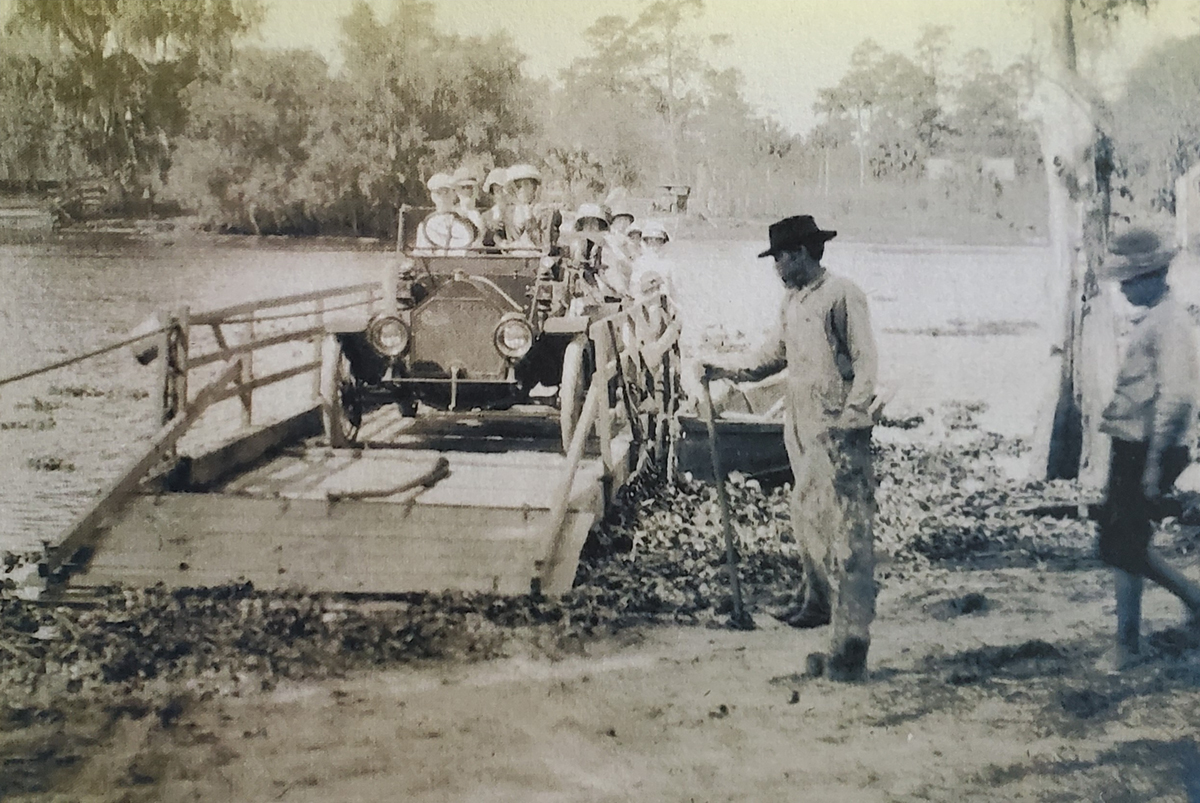Tupperware, the Central Florida-based brand of plastic products, comes with a lifetime guarantee against chipping, cracking, or peeling – and it’s a good bet that many kitchen cupboards in the area contain at least one piece, some even 50 years old.
Earl Tupper’s innovative method for molding plastic into clean, modern designs has landed Tupperware in museums. But Tupperware’s sales method also made it an American icon in the 1950s and ’60s, when the home party was a feminine domain in a business world where most doors were shut to women.
Brownie Wise, the queen of Tupperware in the 1950s, helped open those doors. Tupper invented the plastic containers, but Wise brought them to Florida and into America’s homes.
A single mom, Wise sold Stanley Home Products (shampoos, cleaners, and other products) through home parties in Detroit before she began selling Tupperware in 1949. In 1950, she moved to Florida with her mother and son to help her son’s health. Tupperware wasn’t exactly flying off department-store shelves, so when Wise contacted Tupper about a late order, he invited her to meet him and hired her immediately, impressed by her verve and ideas. The company was divided into two parts, the manufacturing division in New England and Tupperware Home Parties, led by Wise in Florida.
First housed in an airplane hanger in Orlando, Tupperware headquarters moved in 1953 to a thousand acres in Osceola County next to Gatorland. According to Wise expert Bob Kealing, she had a vision for Central Florida, years ahead of Walt Disney. Wise “really struck on the idea of creating Orlando as a tourism destination, . . . on this idea of Florida as this glamorous place,” Kealing writes in Life of the Party: The Remarkable Story of How Brownie Wise Built, and Lost, a Tupperware Party Empire. Central Florida drew Tupperware salespeople for training and was home to the company’s Jubilee, an annual sales convention and celebration.
Wise and Tupperware parted in 1958, but her legacy has returned to Tupperware World headquarters, in a compact museum called the Confidence Center. From an original molding machine to keepsake “Tiny Treasures,” the exhibit showcases the development of Tupperware products, themes of past Jubilees, and the international sales force that continues to use Wise’s sales methods today. “If we build the people,” she said, “they’ll build the business.”


